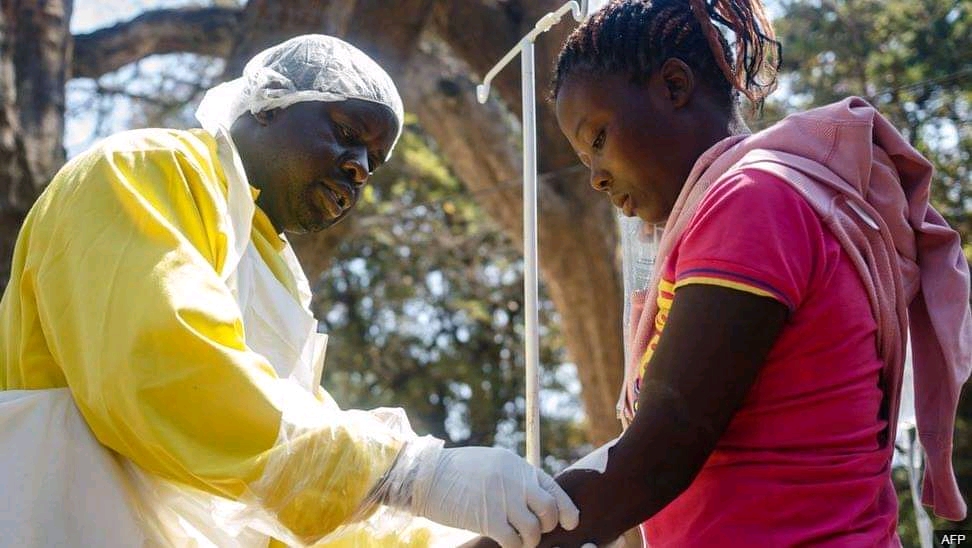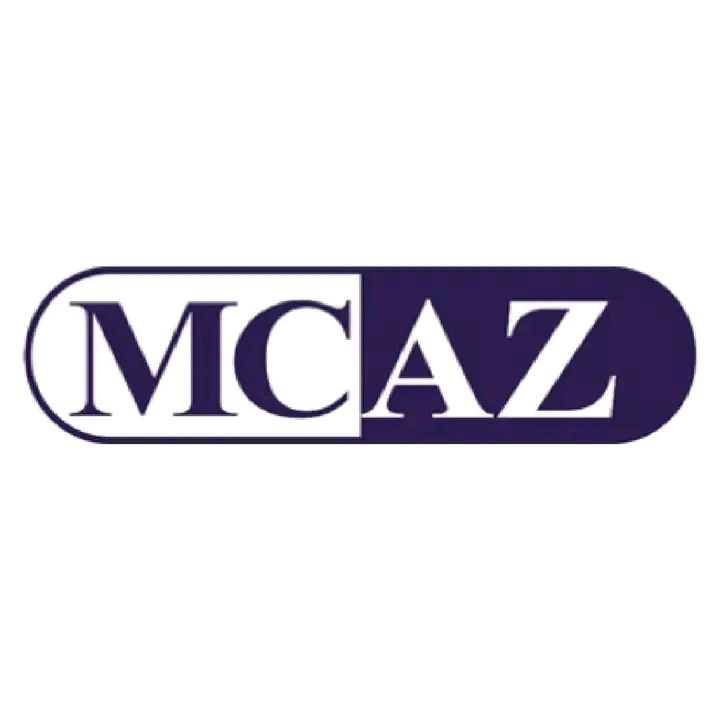By Dickson Bandera
The City of Harare Health Services department has confirmed seven cholera cases and 21 suspected cases in Harare as at Wednesday 1 May 2023 and calls for action to contain the disease.
Four cases were recorded in Budiriro, two in Glenview 3 while one is from Mt Pleasant Heights.
The city has laid a multifaceted approach to control the disease and to reduce deaths. A combination of surveillance, water, sanitation and hygiene, social mobilisation, treatment, and oral cholera vaccines have been put in place.
Health Services Director Dr Prosper Chonzi urged residents to adopt preventative measures so that the deadly disease does not spread.
“We need to be on high alert even in areas where there are no cases recorded currently. People should know that this is a faecal orally transmitted disease. You can only get sick if you eat or drink something that is contaminated with the vibrio cholerae which is the bacteria that causes cholera.” he said.
Cholera transmission is closely linked to inadequate access to clean water and sanitation facilities hence Dr Chonzi urges residents to treat water before drinking it and practice overall personal hygiene.
“It is so easy to drink water that is contaminated from shallow wells, boreholes or other sources. It is important to treat all water by boiling or using aqua tablets so that we denature the bacteria.”
Dr Chonzi emphasized hygiene as a weapon in fighting transmission amd spread of cholera. He said washing hands before eating and after using the toilet is a must. Eating food while hot and avoid buying food from any source which is not licensed also help to fight the disease.
Free medication for all diarrhea cases and abdomenal discomfort is available at all Council clinics. The medication available includes oral rehydration, antibiotics and aqua tablets hence those who feel abdominal discomforts should visit the clinics and get treatment.
Those who feel are at high risk can also get to the clinics and get vaccinated.
Addressing the media during a Tuesday’s post cabinet briefing, Information minister Monica Mutsvangwa said as at 29 April 2023, the cumulative suspected cholera cases in Zimbabwe were 588, with 550 recoveries and 4 deaths.
Matabeleland South and Manicaland Provinces continue to contribute the highest number of suspected cases to date,with195 cases (33.2%) and 161 cases (27.4%),respectively.
Regionally, eight out of 16 SADC countries have reported cholera outbreaks, with most suspected cholera cases reported from Malawi (58 171) and Mozambique (26 841).
Cholera is an acute diarrhoeal disease that can kill within hours if left untreated. World Health Organization describes cholera as an acute intestinal infection caused by consumption of food or water contaminated with the bacterium Vibrio cholerae.
Incubation period of the bacteria is usually hours to five days. For children it can be very fast that a child can die within two hours.
This means residents need to be very wary of the early symptoms and should take children to the nearest health facility at the earliest opportunity.
Zimbabwe is among those impacted by the scourge of cholera with outbreaks following a somewhat cyclical pattern, coinciding with the rain season.
The last two decades have seen two major outbreaks, one in 2008/09 which resulted in over 100,000 cases including over 4,000 deaths, and another in 2018/19, where there were 10,000 cases with 69 deaths across the 21 cholera hotspot districts in the country, with Harare, among the worst affected.
According to the Zimbabwe Cholera Elimination Plan (2018 – 2028), the country ‘s five pillars critical to the elimination of cholera are: 1) Public Health Emergency Preparedness and Response, 2) Water, Sanitation and Hygiene (WASH), 3) Infrastructure Rehabilitation, 4) Community Empowerment and 5) Innovative Financing and Resource Mobilisation.


